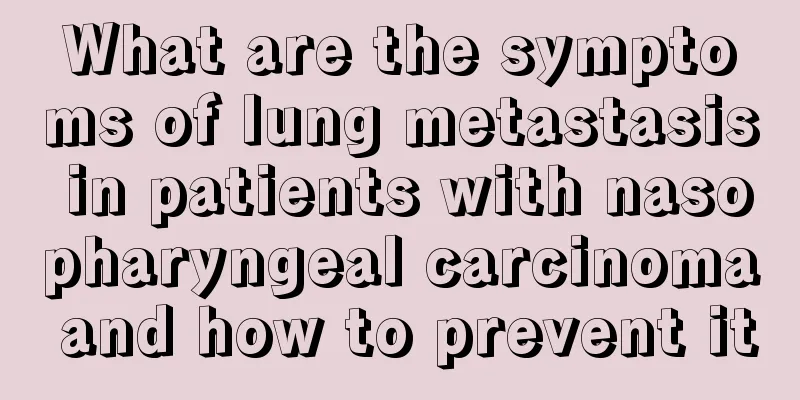Treatment options for brain metastases from small cell lung cancer? Generally chemotherapy is the main approach

|
Small cell lung cancer (SCLC) accounts for about 20% of lung cancer. It is highly malignant, has a short doubling time, early and extensive metastasis, is sensitive to chemotherapy and radiotherapy, and has a high initial remission rate. However, it is very prone to secondary drug resistance and relapse. Treatment is mainly systemic chemotherapy. The treatment of small cell lung cancer is mainly chemotherapy, which can be combined or sequentially with radiotherapy. For less than 5% of early patients limited to the lung parenchyma, surgical treatment is considered. Limited-stage SCLC is mainly treated with synchronous chemoradiotherapy or chemotherapy and radiotherapy sequentially. Synchronous chemoradiotherapy is better than sequential treatment. Synchronous chemoradiotherapy should be given as early as possible, and preventive whole-brain radiotherapy should be given. Preventive whole-brain radiotherapy has significant benefits for survival. Extensive-stage SCLC is mainly treated with chemotherapy, and local or metastatic lesions are treated electively. The treatment level of small cell lung cancer has been at a plateau in the past 30 years. Only some progress has been made in synchronous chemoradiotherapy and whole-brain preventive radiotherapy. At present, the staging and standardized treatment of small cell lung cancer during the initial treatment are still the key to obtaining satisfactory results. Small cell lung cancer has a high degree of malignancy, poor prognosis, and is prone to metastasis and spread. If the tumor is only confined to the lungs and located in the periphery, then the tumor can be removed surgically first. Chemotherapy can be performed after surgery. If the cancer is located at the hilum of the lung or has metastasized, surgery is not recommended. Chemotherapy can be performed, which can kill tumor cells and delay tumor growth, thereby prolonging survival. Patients should eat a light diet during chemotherapy, and avoid greasy, indigestible and fried foods. Eat more fresh vegetables and fruits, eat small meals frequently, match food reasonably, diversify the diet, and eat a balanced diet. Avoid fatigue, rest, and have a regular work and rest schedule during the intervals between radiotherapy and chemotherapy to avoid infection. |
<<: Is the prognosis of small cell lung cancer good after chemotherapy? The prognosis is poor
>>: EP chemotherapy regimen for small cell lung cancer? Here are some points to note
Recommend
Is pyloric ulcer serious?
If you have already developed pyloric ulcer, it i...
The difference between the bridge of the nose and the root of the nose
I wonder if you have heard of the bridge of the n...
People must know the main symptoms of colorectal cancer
If cancer is scary, then experts say that people ...
What is the reason for frequent urination, urgent urination, painful urination and blood in urine
It is normal for people to urinate six to eight t...
What are the dietary taboos for colon cancer
Many things in life are beyond our expectations. ...
How to help digestion
Whether it can be digested normally is the bigges...
What should I do if a front tooth falls out?
Missing teeth not only affects our eating, but al...
Is creatinine 75 normal?
Everyone has a certain amount of muscles in their...
What medicine should I take to relieve back pain
Because the waist is an important part connecting...
Can prolapsed hemorrhoids be put back in?
Hemorrhoids generally cannot go back after they a...
Aftereffects of eye bag surgery
Every woman wants to have a beautiful face, but s...
How to make your face rosy
A rosy complexion refers to a face that is glowin...
Are green mangoes edible?
Green mangoes are actually edible, and there are ...
How to pickle garlic with soy sauce
If people in the north know this, they will know ...
Will radiotherapy for nasopharyngeal cancer make the face darker?
Will radiotherapy for nasopharyngeal cancer cause...









